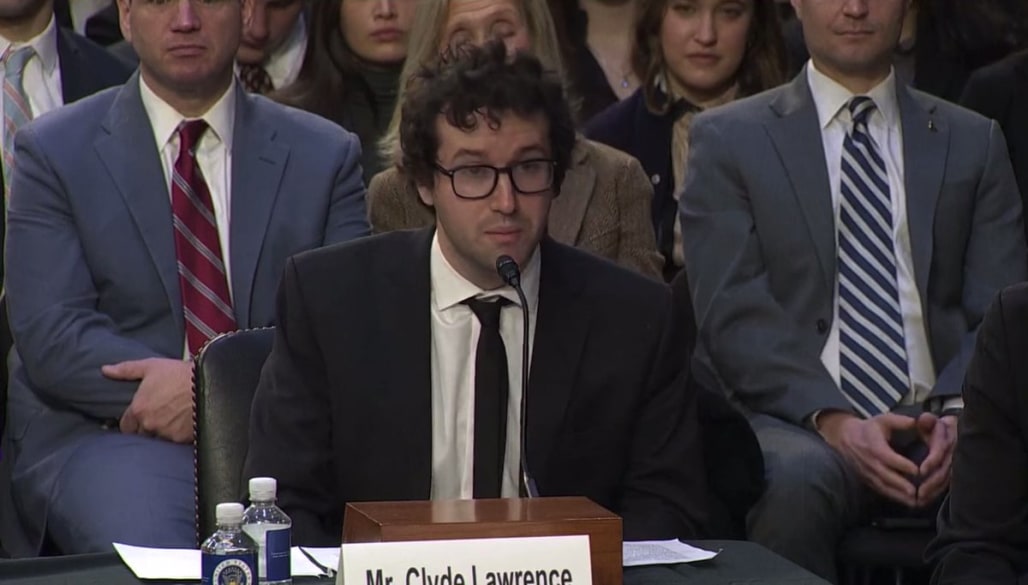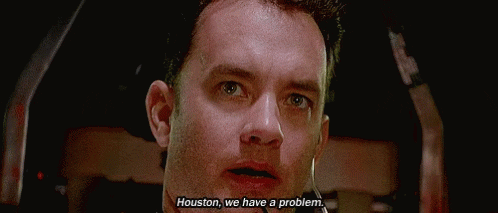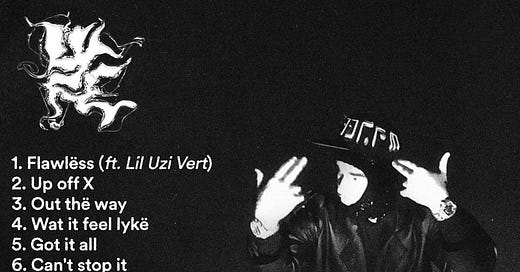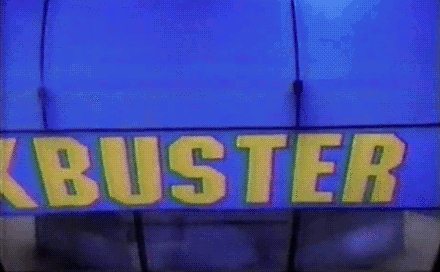
Discover more from Can't Get Much Higher
Ticketmaster & Local Music: A Conversation with Matt Stoller
I spoke with Matt Stoller from the antitrust Substack BIG about concentration in the music industry.
A few weeks ago, I talked about the backlash we saw against Ticketmaster at the end of 2022:
Although artists and fans have complained about Ticketmaster for years, things came to a head in 2022 during the pre-sale for Taylor Swift's Eras Tour. In short, Ticketmaster handled the entire pre-sale so poorly that the site crashed, leaving almost no tickets for the general sale. After the fiasco, Swift's tour promoter, AEG Presents, claimed they had no choice but to work with the ticketing behemoth because Ticketmaster has exclusive deals with the vast majority of venues of the capacity that Swift requires. Shortly after, the federal government alleged to have opened an inquiry into the matter.
Given that the Senate’s hearing on Ticketmaster’s monopoly power just began, I decided to speak to Matt Stoller, the Research Director for the American Economic Liberties Project and staunch antitrust advocate. If you want to hear more from Stoller, you can check out his wonderful Substack BIG.
A Conversation with Matt Stoller
The music industry is concentrated on effectively all fronts. Ticketmaster-Live Nation controls much of the ticketing and live event space. iHeartMedia owns radio stations in basically every market. The only major player in satellite radio is SiriusXM. Publishing in the United States is controlled by ASCAP and BMI. Nearly all hit records are owned by Sony, Warner, and Universal. You even had a post about how the market for premium car audio systems is highly concentrated. Why is this concentration bad for artists, listeners, and competitors?
It's bad on a very basic level because it increases the prices that people have to pay for things. It also decreases the amount of money that goes to artists, particularly those that aren’t major stars. Mid-tier artists not only have no bargaining power against major players in the industry, but they also have few alternatives.
On a deeper level, concentration makes it very hard to create music scenes. Music scenes are where the great creative communities come out of. It deadens the culture.
What is it about concentration in these music related spaces that makes it hard for new scenes to pop-up?
To have a music scene, you need to have venues and local control over what music is played there. You don’t have either of those things now. Most venues aren’t controlled locally anymore. I imagine the grunge scene in 1990s Seattle started by local bands playing for each other and a small audience. Eventually, their records would be played on local radio stations. Over time they continued to develop their style until some of them were good enough and popular enough to go national. That’s early rock n’ roll. That’s hip-hop. Every major style has kind of had that model. People played for each other and then they eventually get good enough to go outside of that community. Now, you don’t have those communities because those forums are controlled by distant masters.
That’s a good point. I know people often talk about how the 1996 Telecommunications Act enabled concentration in terrestrial radio, which destroyed local programming. You now often have large organizations like iHeartMedia creating national programming.
Yes, that’s right.
Sometimes people argue that concentration in these spaces isn’t a bad thing. Take music publishing as an example. Some people argue that having two or three major publishers is a good because then you can negotiate for a blanket license to have access to all of the music that they control rather than having to negotiate with thousands of individual rights holders. Is bigness always a problem? [READER NOTE: Music publishers monitor the usage of member songwriters’ compositions in film, television, advertising, and other media in order to collect royalties on their behalf. The two biggest publishers in the United States are ASCAP and BMI.]
To my knowledge, ASCAP and BMI was the result of an antitrust consent decree. That’s more of a standard than a large company. It’s not a problem to have standards. The internet is built on standards. The issue with consolidation is that you have someone with a lot of power who can use that power to discriminate. No one is afraid that ASCAP and BMI are going to retaliate against them.
It’s the same thing with the US Postal Service. I know it’s not music, but the post office is very large, and no one is concerned they won’t send your mail if you criticize them. That’s because the post office is governed by neutral rules. They’re not allowed to not send your letter just because they don’t like you. The problem with many big players in the music industry is that they are not neutral.
Let’s turn to a non-neutral entity: Ticketmaster-Live Nation. Why do you think bigness in the ticketing industry has drawn so much more ire than bigness in other parts of the music industry? For example, you never hear listeners complaining that there are only three major labels.
Well, the Taylor Swift debacle made many people realize that Ticketmaster-Live Nation was making their lives worse. You just don’t see that with the record labels. They’ve never had a crisis like the ticketing industry has. Things become a scandal when you can’t deliver on your core service. Ticketmaster is supposed to be able to sell tickets, and they can’t always do that.
In your work, do you find that backlash against bigness ensues when consumers are being actively hurt? If we go back to the major labels for a second, the average listener doesn’t feel hurt by that concentration. That said, it likely harms artists and potential competitors.
I think that antitrust enforcers can handle industries where the consumer is not the prime victim. You saw that last year when the Department of Justice stopped a merger in the book publishing industry between Penguin Random House and Simon & Schuster. This would have shrunk the major book publishing houses from five to four. They didn’t win on a consumer harm theory. They won on a theory that this would harm authors. It wasn’t a big scandal where Simon & Schuster couldn’t get their books out the door or something like that.
If you’re going to ask why the Department of Justice hasn’t gone after the record labels, it’s because the entire economy is insanely concentrated. They have to pick and choose what they are going to focus on.
In your book Goliath, you talk about the evolution of antitrust throughout the 20th century. We’ve seen a ton of concentration, especially in the music industry, since the 1980s. Is there a way for us to undo some of this?
Yes. Just bring a suit and break them up.
How common is something like that?
Well, they’re trying it right now with the Facebook suit. They’re saying Facebook shouldn’t have been able to buy Instagram and WhatsApp, so we should break those up. Traditionally, most of the big break-ups, like the Standard Oil break-up in 1911, are just undoing acquisitions. It’s fairly common to have companies spin off divisions or undo mergers. It hasn’t happened a lot recently, but that’s just because we haven’t brought many cases.
Is the Biden administration handling antitrust enforcement differently than the last two administrations?
Yes. They are much more aggressive. It’s a complete philosophical shift. The Obama administration were favorable to concentration. The Trump administration was a little bit more mixed, but generally deferential to big business. The Biden administration is not. In terms of antitrust, they are the most aggressive administration we’ve seen in our lifetimes.
Is that aggressiveness based on different people in the administration or a reinterpretation of antitrust laws?
It’s both. Biden himself has come out and said he wants more antitrust enforcement and more competition. There’s an executive order from the White House calling for more competition. That’s not something that the Obama administration really cared about. They were generally pro-monopoly. I mean they allowed Live Nation and Ticketmaster to merge, which was insane.
Biden also picked Jonathan Kanter to be at the antitrust division of the Department of Justice and Lina Khan to be at the Federal Trade Commission. Both of them are much more aggressive in terms of antitrust enforcement.
Which of those bodies would handle looking into Ticketmaster-Live Nation?
That would be handled by the Department of Justice. The Federal Trade Commission has a little bit of regulatory authority around ticketing bots, but it’s mostly a Department of Justice thing.
Do you see any situation where Ticketmaster-Live Nation could be broken up in the next few years? Or is it too hard to say?
I think it will be broken up. It will take time. From the start of an investigation to a trial could be anywhere from two to four years. The most important thing the Department of Justice needs is for people from the industry to volunteer to be witnesses. I think that’s the biggest challenge with Ticketmaster-Live Nation. People are afraid of them. They are afraid of retaliation.
I think there are musicians who will speak out. I think there are venue owners who will speak out too. But people spoke out against that merger before it happened and it still went through, so some people aren’t going to think it’s worth it to stick their necks out. That’s the biggest challenge that the government has.
A New One
"Mourning Dove” by LKFFCT
2023 - Indie Rock
In nearly any genre, artists are obsessed with authenticity. If I had a nickel for every time I’ve heard somebody dismiss a hip-hop song as not real rap or refer to an up-and-coming punk rocker as an industry plant, I’d at least have enough money to buy a nice bottle of wine. When an artist’s peers think that they are authentic, it usually means that they came up in their local scene that Matt Stoller and I were just talking about. They paid their dues. They put in the work. They won the praise of their contemporaries. If you take that as an accurate depiction of musical authenticity, then there aren’t many more authentic rockers than LKFFCT.
The quintet came up in the New Jersey punk scene during the 2000s and have weathered basically every trend in rock music over the last two decades. The secret to LKFFCT’s staying power is that they know how to write a great chorus. Fads come and go. Riffs go out of style. But an ear-catching chorus like the one you hear on “Mourning Dove” is forever.
An Old One
"Hey, Hey Baby" by Big Bill Broonzy
1952 - Acoustic Blues
In the early-1960s, Brian Jones showed his new friend Keith Richards an album called King of the Delta Blues Singers. Richards was captivated. “Who’s that?” he asked Jones. “Robert Johnson,” Jones replied. “Yeah,” Richards clarified, “but who is he playing with?” To his shock, there was no second player. It was all coming from the mystical hands of Robert Johnson.
Though Big Bill Broonzy outlived Johnson by 20 years, his music evokes much the same. As you can hear on “Hey, Hey Baby”, Broonzy plays the guitar like a pianist, weaving together bass and melody in a way that should require two people. But Big Bill Broonzy is a no mere mortal. Not only can he do the work of two guitarists, but he can sing over that finger-twisting guitar work too. While the vocal on this song is brief, it’s one of the most evocative parts of the track.
Still not convinced that Ticketmaster-Live Nation sucks? Listen to musician Clyde Lawrence’s powerful statement during the recent Senate hearing.
Want to hear the music I make? Check out my latest EP.













